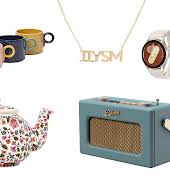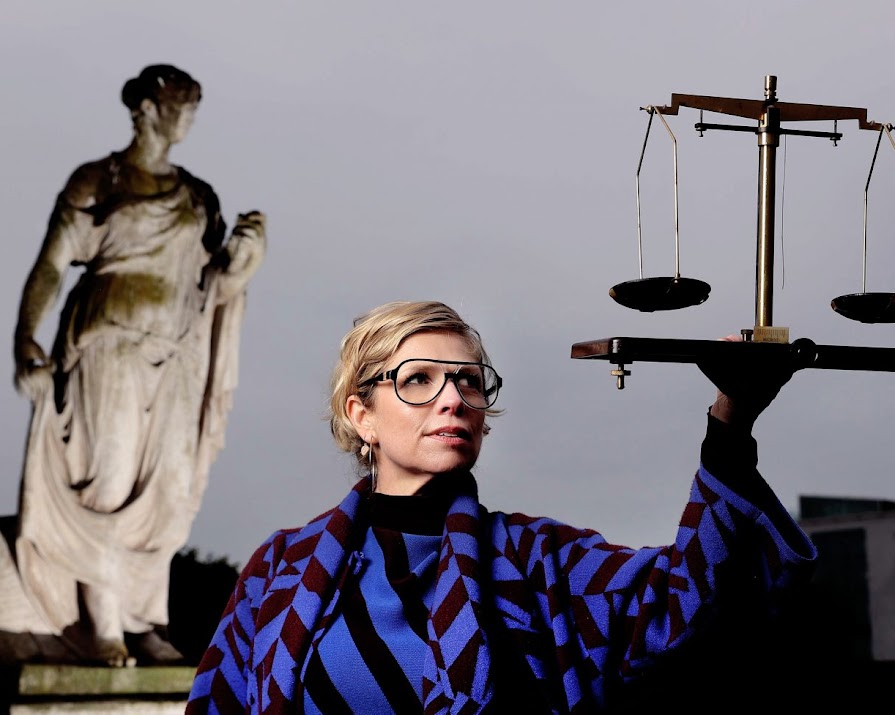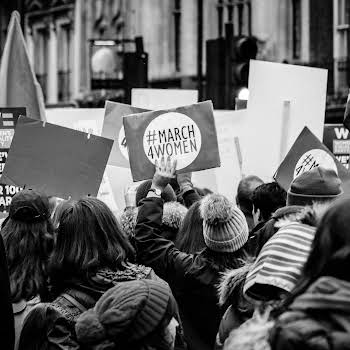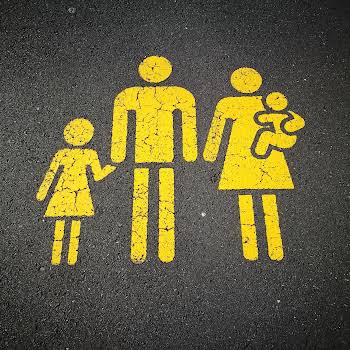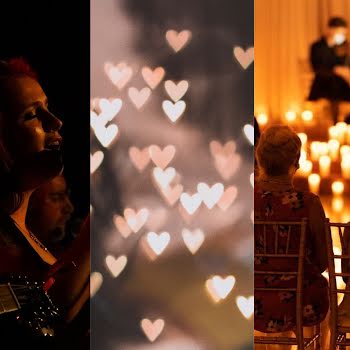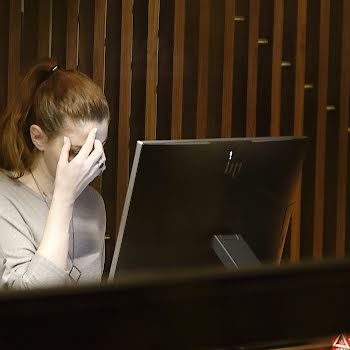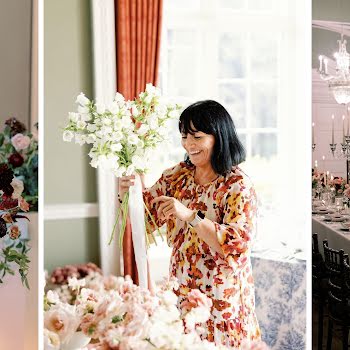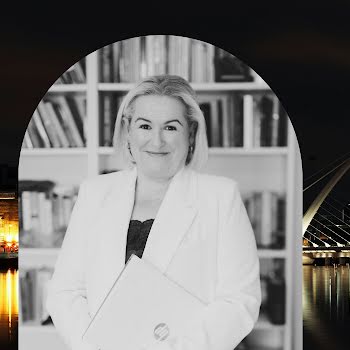
From today Irish women will effectively ‘work for free’ for the rest of the year
By Megan Burns
09th Nov 2020
09th Nov 2020
With Irish women on average earning 14.4% less than men, today, November 9, marks the point where they essentially work for free for the rest of the year.
For the remaining seven weeks of the year, Irish women are essentially working for free due to the gender pay gap. Ireland’s gender pay gap is 14.4 per cent, meaning that on average by women earn 14.4 per cent less than men, taking all workers into account.
This is caused by a number of factors, including fewer women in senior roles across industries, disproportionally more women in lower-paid positions and sectors, and more women in part-time roles, often because of caring responsibilities.
Paying a woman less than a man for the same role is illegal, however discrimination can also manifest in more subtle ways, such as favouring men for promotions because they are stereotypically seen as more natural leaders.
The government plans to introduce legislation that would make it mandatory for businesses to report their gender pay gap reporting as part of the National Strategy for Women and Girls 2017-2020 (NSWG), although this has not yet been implemented. While this alone would be unlikely to eliminate the gender pay gap, it would show companies where they could improve.
The WorkEqual campaign, which was founded by Sonya Lennon, has been working since 2016 to highlight and challenge the gender pay gap. They have created a video featuring more than 20 Oireachtas members, as well as the Lord Mayor of Dublin, Green Party councillor Hazel Chu, talking about how we can tackle the gender pay gap.
https://www.facebook.com/DFSDublin/videos/2865913230304225/
The video notes that gender stereotypes perpetuated in schools, the media, advertising, workplaces, and even our own homes can reinforce the gender gap, so we need to challenge them wherever possible.
As well as this, the pay gap is unlikely to be closed without addressing women’s unequal share of caring responsibilities. Things like improved childcare options, flexible working and shared paternal leave can help to address this. It’s also important to improve the working conditions for those working within the care sector, who are predominantly women.
Employers can also be encouraged to prevent bias in recruitment and promotion, as well as reporting their own gender pay gap.
The campaign is also running a number of events this week, including free online panel discussions on the impact of flexible working on gender equality, and how to address the lack of women in leadership positions.
Featured image: WorkEqual
It’s time to level up your career. The IMAGE Business Summit 2020, in partnership with PwC, takes place on November 18 & 19. Get your (virtual) seat alongside some of the world’s leading business figures for two days of powerful discussions, interviews and masterclasses. Get tickets here.
Read more: 17 inspirational quotes from trailblazing women to lift your mood
Read more: Has Covid 19 killed traditional career progression? A career strategist explains
Read more: How to find out about maternity leave before accepting a job









